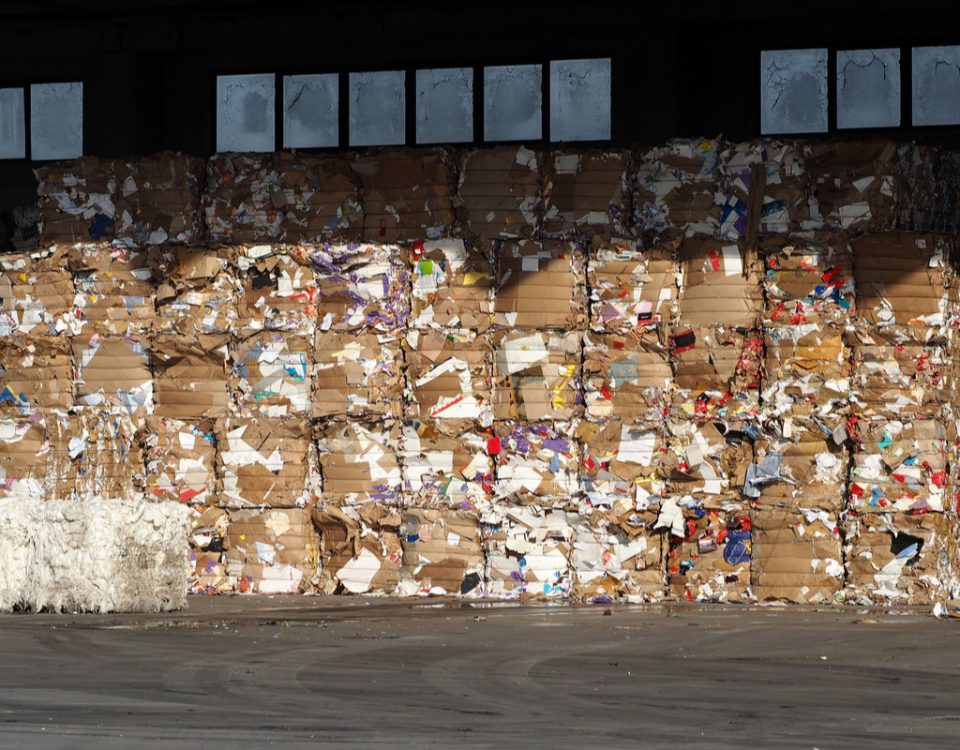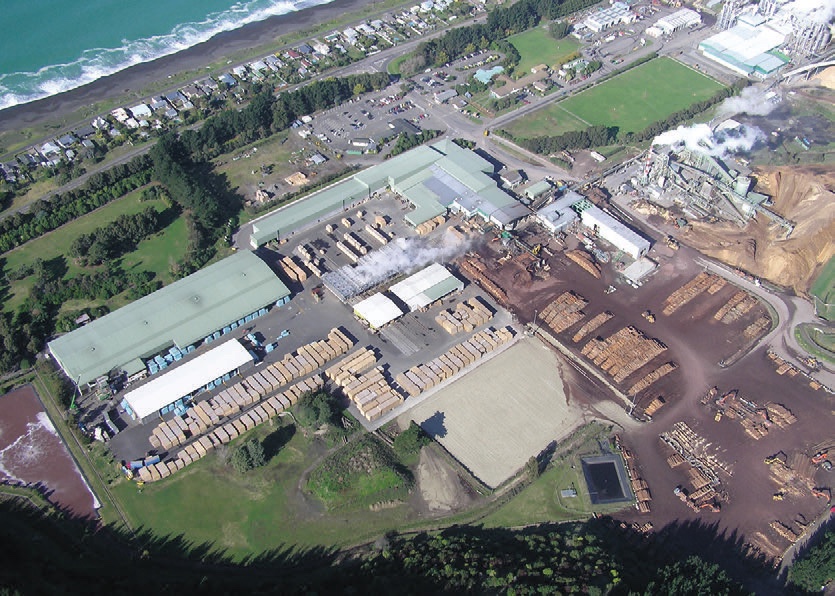IMO 2020 Maritime Regulations Could Increase Shipping Costs

Pakistan’s waste problem is a recycling industry waiting to be found
October 10, 2019
What is bleaching of pulp ?
November 13, 2019
Shipping Industry predicts a jump in the operational costs with the implementation of the IMO 2020.
Environmentally Responsible Shipping Industry
Much like California Air Resources Board (CARB) and the U.S. Environmental Protection Agency (EPA) regulate emissions ratings and fuel mileage standards for American vehicles, the International Maritime Organization (IMO) is charged with establishing similar regulations for sea-faring vessels. This includes their most recent set of guidelines: IMO 2020.
Approved in 2016 and enforceable as of January 1, 2020, IMO 2020 will lower the amount of allowable sulfur in fuel oil used by ships to 0.50% mass by mass (m/m). This is in contrast to the current limit of 3.5 %, which has been in effect since 2012.
The IMO is a specialized agency within the United Nations charged with shipping security and the prevention of marine pollution. The intent of the regulation is to improve the environmental conditions around ports and nearby coastal areas by decreasing sulfur oxide emissions.
Shipping Vessel Fuel Options
This change means those operating large shipping vessels have one of two options in meeting compliance levels.
The most desirable of these is switching to low-sulfur fuels that meet the new standard. BP and Royal Dutch Shell have announced that they will begin producing such products, but many are still concerned about the availability of the new fuel. While major ports inundated with traffic should have a consistent supply on-hand, the ability for smaller ports around the world to maintain optimal fuel offerings could be a challenge.
If the lower-sulfur fuel is not available, IMO will allow shippers to fill up after completing a Fuel Oil Non-Availability Report, which can be presented to validate that only non-compliant fuel was available. In addition to the availability of this new fuel, some vessel operators have raised concerns over how their ship’s engines will perform when the higher and lower-sulfur fuels are mixed. The IMO is reportedly working on providing guidance aimed at proper fuel management practices.
The Future of Scrubbers
Another piece of this maritime emissions puzzle is the use of sulfur-cleaning devices or scrubbers. IMO 2020 allows for the continued use of scrubbers in lieu of burning low-sulfur fuel. However, some ports could claim jurisdiction over their use and still, potentially, fine those who use scrubbers instead of burning the compliant fuel.
Environmental groups opposing the use of scrubbers cite the potential harm that wastewater from the cleaning process could cause when it’s dumped into seas and oceans. However, defenders of the equipment respond by stating that there has never been conclusive evidence that this discharge causes environmental damage.
Failure to comply with these regulations will result in fines or vessels being detained. Enforcement will fall to officials at each port, as opposed to the IMO. A recent report from the Wall Street Journal estimates that the shipping industry will invest upwards of $50 billion over the next three to four years in order to meet IMO 2020 guidelines.
And the uncertainty surrounding future operating costs and timelines doesn’t stop there.
Speculation persists that even greater emissions restrictions could be in the works. This means everyone from refineries to manufacturers to container shipping vessels could be caught between investing to meet the most pressing deadlines, or waiting until even more stringent guidelines are announced down the road.



